Firebrand Spanish minister emerges as strong voice against Israel’s Gaza genocide
By Xavier Villar
Spain is one of the Western countries where public support for the Palestinian cause is overwhelming, according to a recent survey conducted by YouGov, a market research and public opinion company.
According to the findings of the survey, 32 percent of the Spanish population supports Palestine, while only 12 percent do so in the case of the Israeli regime.
This strong political affinity for the Palestinian cause is unevenly reflected in the current acting coalition government in Madrid.
On one hand, the majority party, the Spanish Socialist Workers' Party (PSOE), maintains a position that seeks a supposed balance between so-called "Israel's right to self-defense" and the call to respect the lives of Palestinians and "international legality."
Within this clearly liberal perspective, Hamas is regarded from the standpoint of “terrorism,” and the historical and political reasons that explain what happened on the morning of October 7 in the context of the "Al-Aqsa Storm" operation (also known as Al-Aqsa Flood) are not taken into account.
The current Prime Minister of Spain and Secretary-General of the PSOE, Pedro Sánchez, during his recent visit to Egypt to attend the "International Peace Summit," reiterated his country’s commitment to support the "two-state solution," which involves recognizing both Palestine and the Zionist entity.
In a clear example of depoliticized liberal balance, he also called for the "need" for the international community to "protect all civilians," both Palestinians and “Israelis”.
"We need to protect all civilians. I repeat, all civilians. Hostages must be unconditionally released immediately, and those suffering in Gaza should receive assistance,” he remarked.
This position does not take into account the political-historical dimensions of the situation in Palestine.
It views the situation from the perspective of a "conflict" with two identifiable sides and does not address the critical analysis that highlights the unequal distribution of power in the Palestinian issue.
On the other side of the governing coalition, we find PODEMOS, now integrated into the SUMAR coalition, and in particular, the acting Minister of Social Rights and leader of PODEMOS, Ione Belarra.
The firebrand Spanish minister has emerged as one of the very few European voices in a government position to strongly express her rejection of the ongoing Israeli genocide in Gaza.
Through her social media pages, Belarra has unequivocally called for an end to Israel’s horrendous war crimes in the besieged coastal strip and sought the intervention of the International Criminal Court (ICC).
In the latest post on X, formerly Twitter, she said the ICC has “finally opened an investigation into war crimes in Gaza,” hoping that the body “acts quickly and decisively” to end the Gaza genocide.
She has been very active on X in the past three weeks since the Israeli regime launched its indiscriminate aerial bombardment of the densely populated civilian areas in the Gaza Strip.
In a video statement after the Israeli regime announced the communications blackout in Gaza, the minister described the move as a deliberate attempt to cover up the atrocities against Palestinians.
She also emphasized that an increasing number of Europeans were concerned about the situation and wondered, "Is no one going to do anything about what's happening in Gaza."
During a pro-Palestine protest, Spanish Minister of Social Rights Ione Belarra described the Israeli atrocities in Gaza as a "planned genocide", adding that Europe would pay dearly for complicity in this genocide. pic.twitter.com/fJusoThORs
— Palestine Highlights (@PalHighlight) October 30, 2023
In another statement, she listed four things that European states “could do to stop the genocide.”
The proposal included suspending diplomatic ties with Israel, imposing economic sanctions as a deterrent against those responsible for the genocide in Gaza, and advocating for the prosecution of Israeli premier Benjamin Netanyahu at the ICC for war crimes against humanity.
The leader of Unidas Podemos also demanded the establishment of humanitarian corridors in the besieged Gaza Strip and urged the European Union to cease being "an accomplice of a war criminal like Benjamin Netanyahu."
She also urged the current holder of the EU presidency, Spain, to distance itself from the stance of the US in supporting Tel Aviv and instead seek a solution with countries from the "Global South."
In an interview with Catalunya Ràdio, the firebrand Spanish minister said there is “no room for equidistance” and it’s time the world clearly says that Israeli is an occupying entity.
“We have to raise our voices to stop this genocide once and for all,” she asserted.
In one of her social media posts, she said the regime has been “applying a very violent policy of occupation and apartheid in Palestine for decades” adding that the data from these weeks is “terrifying” with more than 5,000 Palestinians being killed, mostly children.
“I leave you this graph to appreciate the magnitude. The genocide must end,” she wrote.

She called for a “change of narrative” on Palestine and denounced the Israeli regime’s “will to annihilate” the Palestinian people, in a strongly-worded statement.
Belarra's social media posts prompted the Israeli embassy in Madrid to issue a statement accusing some Spanish government officials of making “immoral statements” against Tel Aviv.
The Zionist entity embassy called on the acting president, Pedro Sánchez, to "unequivocally condemn" the positions of his coalition partners for slamming the "crimes of war by Israel in Gaza" and the "planned genocide" of the Palestinian people.
Breaking all diplomatic conventions, the Zionist embassy accused some members of the Spanish government of "aligning with this ISIS-like terrorism" in reference to the Palestinian group Hamas.
In its response, the Spanish foreign ministry, which is under the control of the PSOE, hit back at Tel Aviv.
"The Government of Spain strongly rejects the falsehoods contained in the statement from the Embassy of Israel regarding some of its members and does not accept unfounded insinuations about it."
The Zionist pressure campaign against the Spanish government can be better understood when taking into account that only Spain and Ireland have voiced criticism of events unfolding in Gaza.
The Zionist embassy's campaign in Spain cannot be understood without the collaboration of various media outlets in the country that have criticized Minister Belarra and promoted the Zionist narrative of "fighting terrorism."
This Zionist discursive mobilization seeks to stigmatize anyone who dares to criticize, even from liberal perspectives that do not endanger the existence of the illegitimate entity, the current campaign regarded as genocidal in Gaza, by labeling them as terrorist sympathizers.
Belarra's words have had an impact precisely because, even while condemning Hamas, they highlight the vulnerability of the Zionist project to criticism.
In other words, the survival of the Zionist entity is based on the need to maintain its political vision, which is disconnected from the colonial oppression that underlies it.
Xavier Villar is a Ph.D. in Islamic Studies and researcher who divides his time between Spain and Iran.
(The views expressed in this article do not necessarily reflect those of Press TV.
Anti-Iran ‘Munich circus’ shows Europe has lost geopolitical weight: Araghchi
Swiss to act as venue of next round of Iran-US talks: Report
Report: Over 50,000 soldiers fighting in Israeli military hold foreign citizenship
Danish PM warns US attack on Greenland would spell end of NATO
Power running out at key Gaza hospital, ICU patients at risk: Report
VIDEO | Press TV's news headlines
‘Speaking truth is her crime’: Netizens rip into European allies of Israel for targeting Albanese
Russia reaffirms support for Iran’s sovereignty amid rising US threats


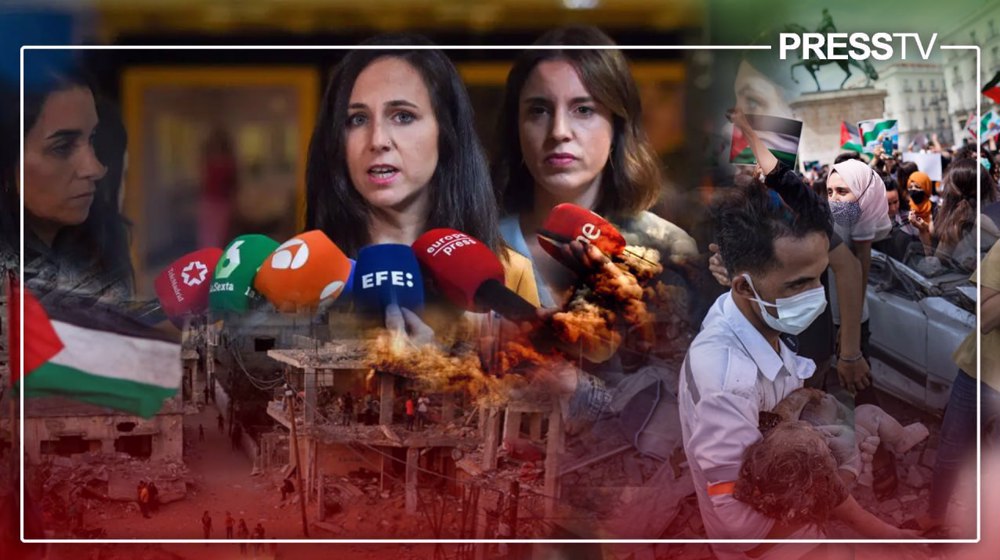
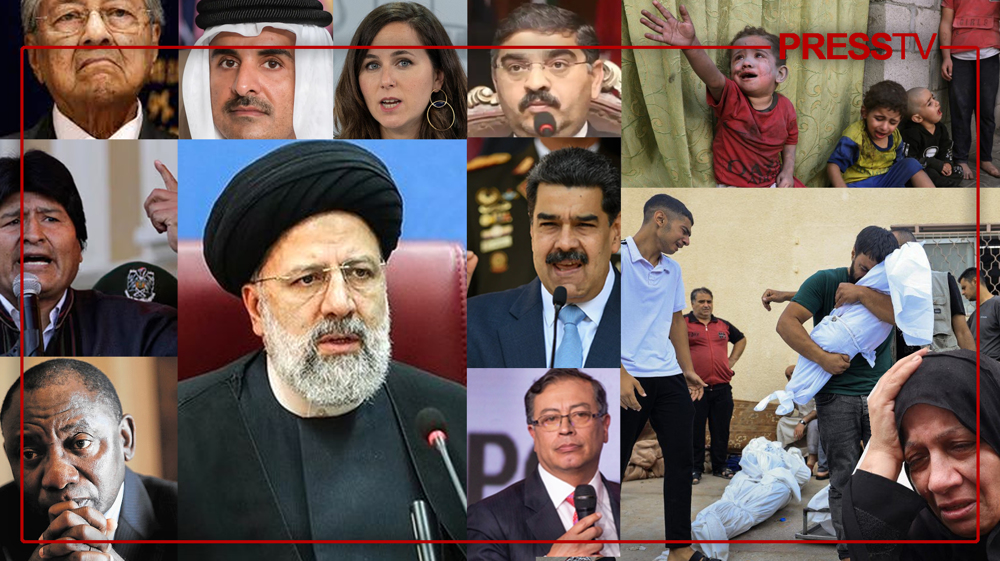
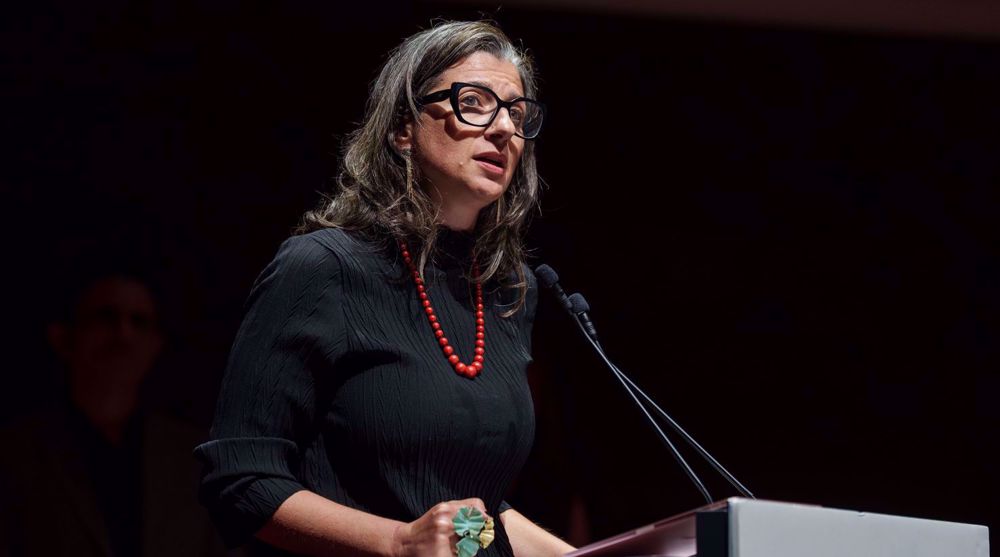
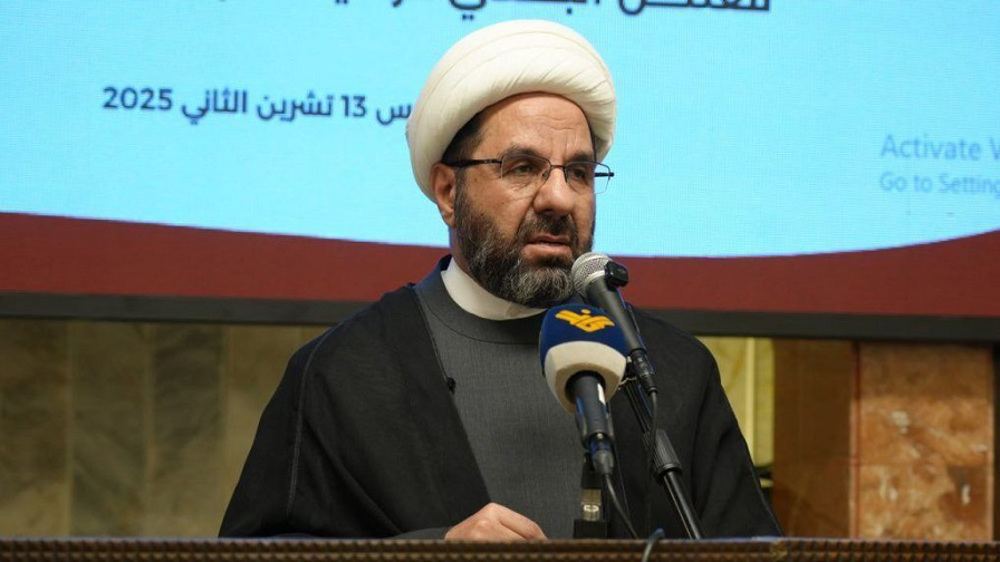
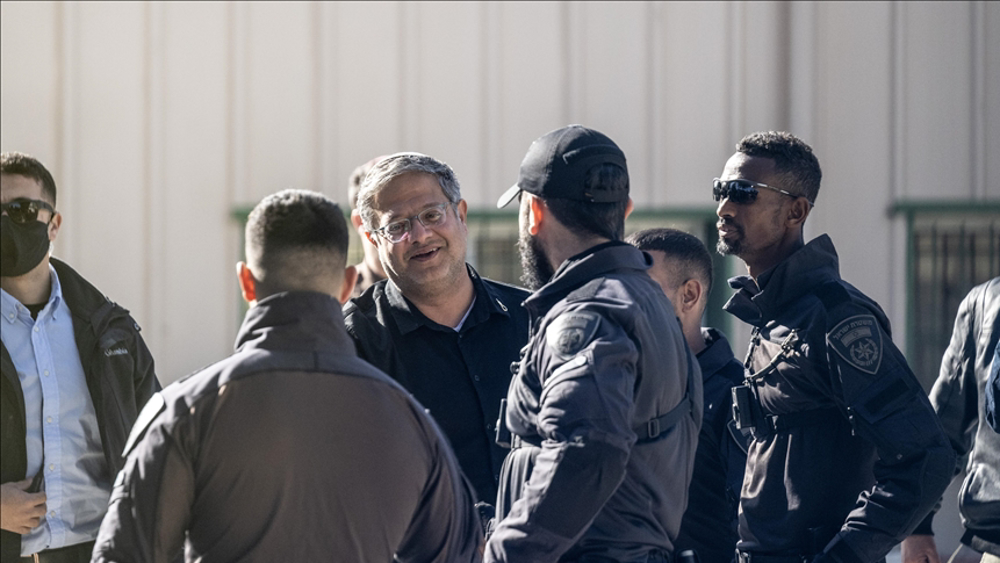




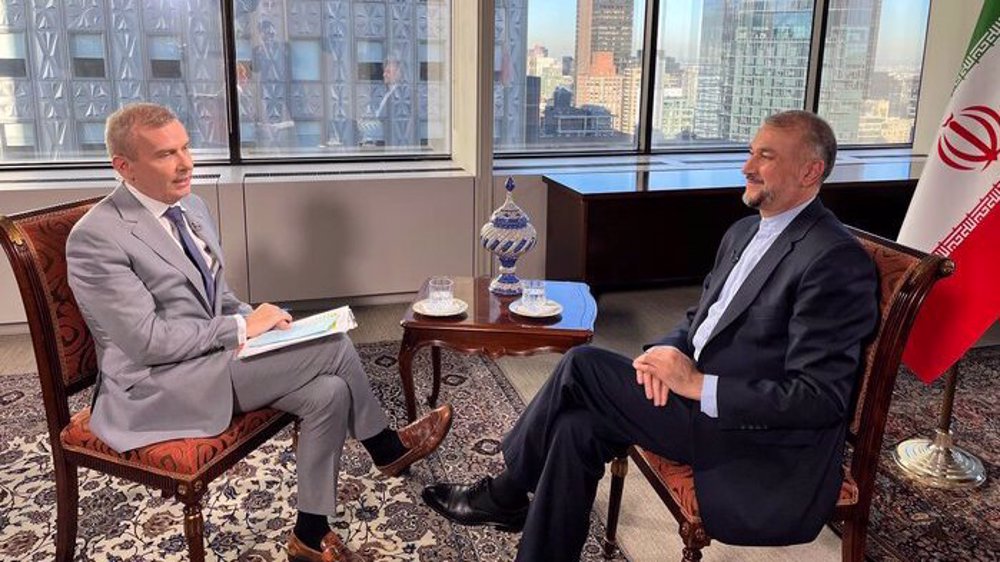
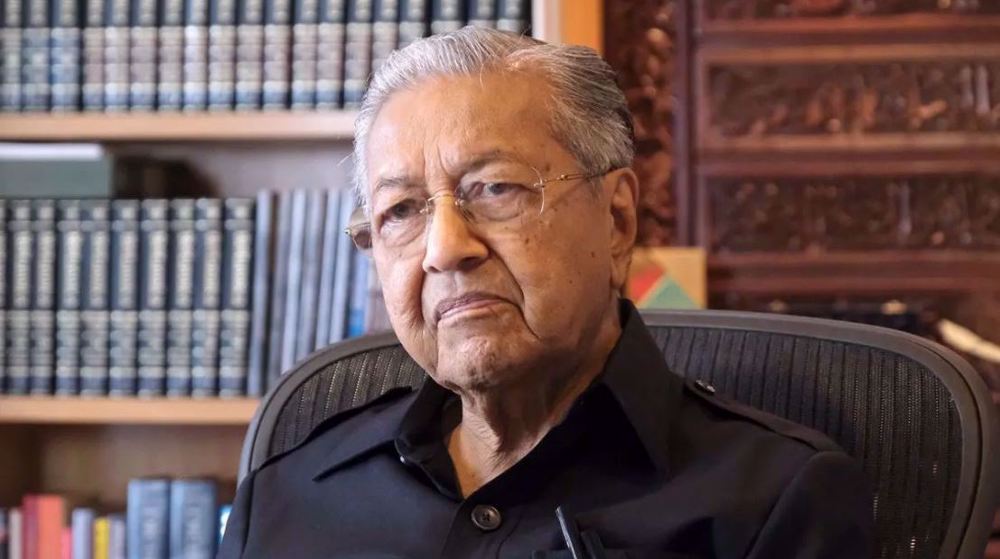
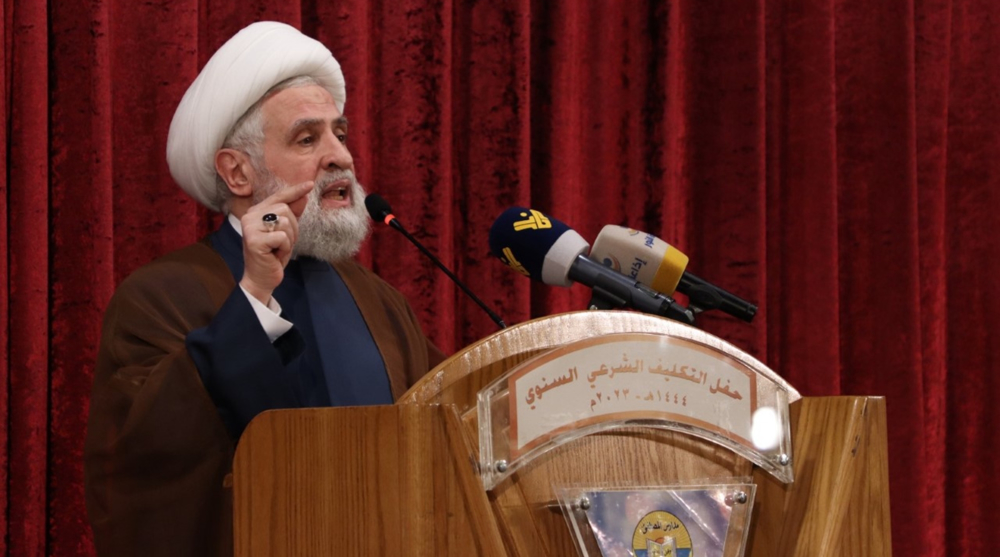
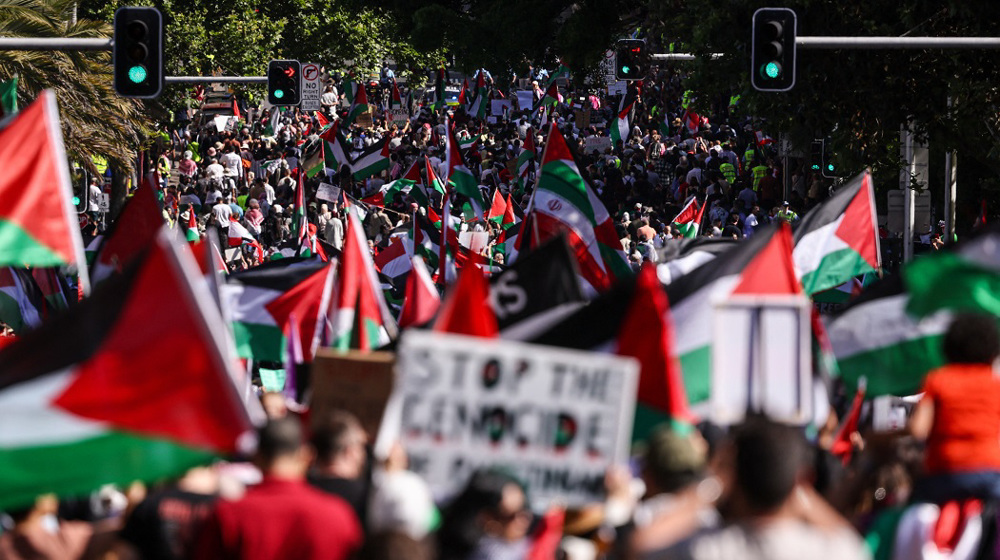

 This makes it easy to access the Press TV website
This makes it easy to access the Press TV website